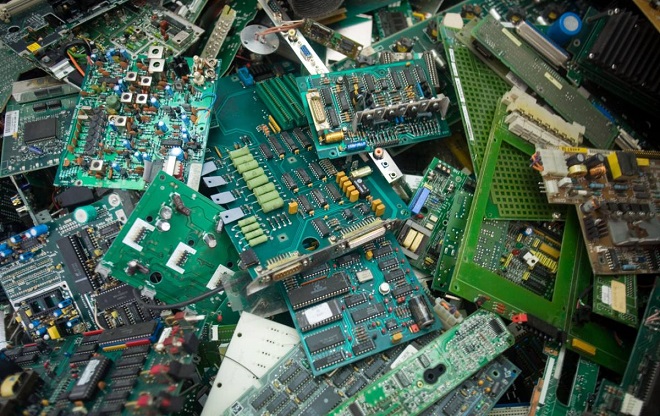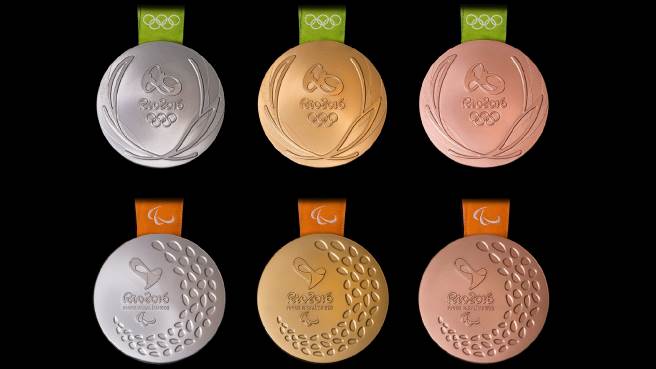It was recently revealed that members of Japan’s Olympic organizing committee proposed the idea of using the country’s vast amount of electronic waste to produce medals for the upcoming 2020 games.

Traditionally, Olympic host cities obtain materials for the medals from local mining firms. In addition, the countries must adhere to the strict criteria set forth by the International Olympic Committee; specifically, how the medals should be produced.
Rio de Janeiro, for example, could only use gold that was extracted without the use of mercury. Also, a third of the silver and bronze came from recycled resources.

Japan, which lacks mineral resources, does not want to go outside its border to other countries in order to produce Olympic medals; instead, it is exploring a more sustainable solution.
For those unfamiliar, consumer electronics like smartphones and tablets contain tiny amounts of precious and rare earth materials, including gold, silver, nickel, platinum, and more. Discarded automobiles and white goods like refrigerators, washing machines, and air conditioners also contain these materials, as well as base metals like lead, iron, copper, and zinc.
Recycling companies collect or otherwise purchase tons of this e-waste and industrial scrap, and then run it through a chemical process to separate the different metals.
According to data from the Organization for Economic Co-operation and Development, Japan has one of the highest recycling rates in Asia; however, this mostly applies to plastic, paper, and glass. In terms of e-waste, the country discards about 650,000 tons of small electronics and home appliances every year, and just 100,000 tons of this waste is collected for recycling.
So, the practice is there — it just needs to be expanded. The country hopes that leading up to the 2020 Olympics, it will have a full operation up and running — one that its population is excited to take part in and contribute to.
Truth be told though, it still won’t be enough, and the country will have to reach out to other nations to contribute its e-waste towards the recycled metal collection effort. This is due to the considerable amount of metal needed in order to produce Olympic medals. For one, there are a number of contests that take place, and the games are expanding. While the 2016 Rio Olympics had the most amount of medals ever rewarded, the 2020 games will likely surpass that benchmark, as five new sports will be added — baseball, karate, skateboarding, sport climbing, and surfing.
In terms of numbers, the Brazilian mint produced 5,130 total medals for the summer Olympics, which was up from 4,700 made for London’s 2012 Games.
Then there’s the actual production of the medals. The Rio 2016 medals were 1 cm thick and weighed approximately 500 grams each. While most gold medals are actually made out of sterling silver — the International Olympic Committee’s minimum requirement for a gold medal is 6 grams of pure yellow metal (if they were pure gold, at that size and weight, each one would be worth millions of dollars).
Bronze medals, meanwhile, are mostly made of copper.
So, all things considered, e-waste is actually a terrific resource for the medals, but considering the massive amount of medals that will be needed in just four years, it sounds like Japan should get the collection program up and running sooner rather than later.
Via BBC
Advertisement
Learn more about Electronic Products Magazine





